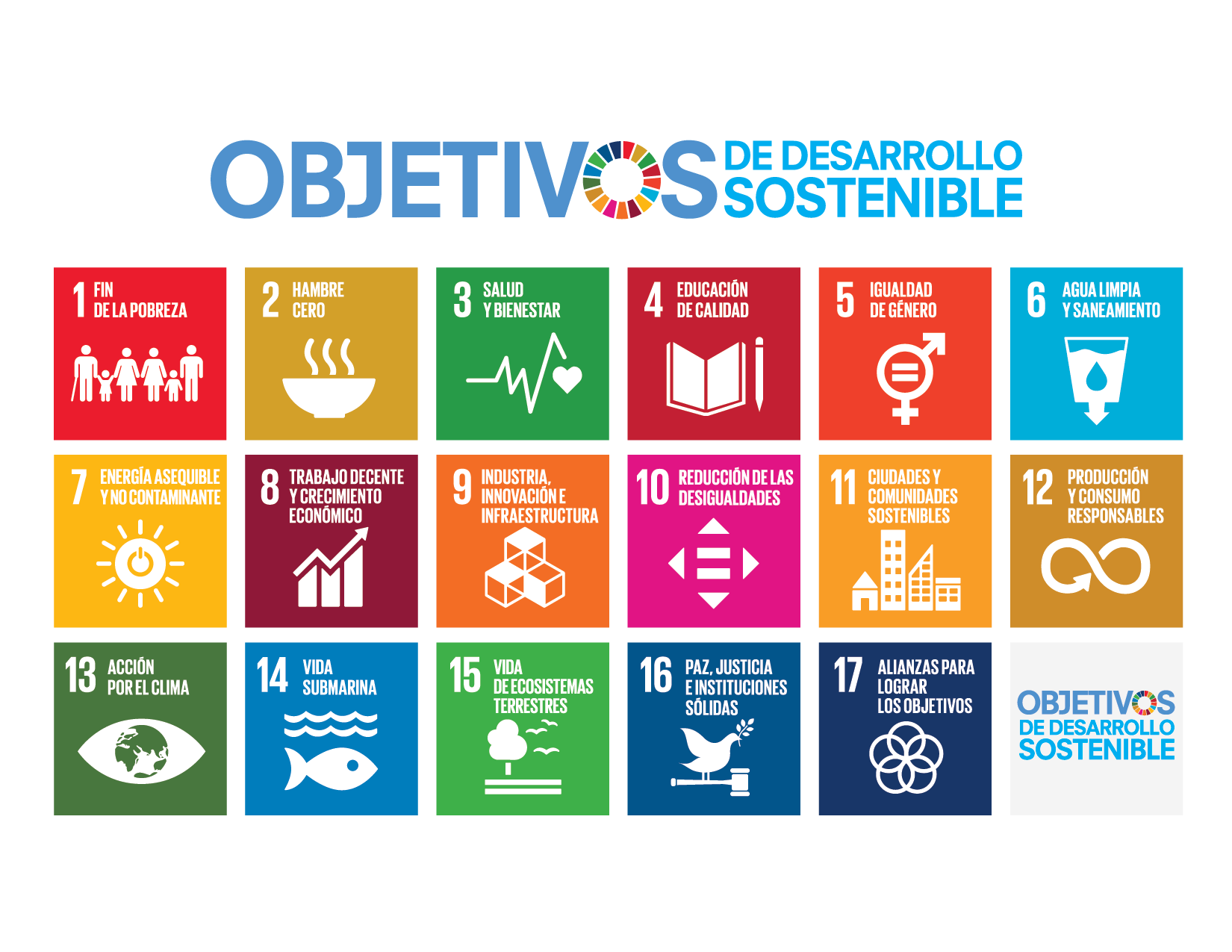-
14 November 2019
Category : Opinion
Efficient, open and transparent institutions for a strong democracy
Federico Buyolo García, managing director of the ‘Alto Comisionado para la Agenda 2030’ of the Government of Spain gives us an overview of the Sustainable Development Goals established in the 2030 Agenda, particularly highlighting SDGs 16 and 17, those underpinning the activities of the FIIAPP.

When we talk about the 2030 Agenda for Sustainable Development , which all countries have made their roadmap to design public policies, to generate multi-agent and multi-sector alliances, to transform the world so that no one is left behind, we are going beyond a vision of the future based on scientific evidence and values that represent a humanist vision of the world in which we live, rather we are dealing with a profound transformation targeting the creation of strong institutions to make democracy a space for social justice.
The 17 objectives of the 2030 Agenda for Sustainable Development give us a shared vision with which to build a new global social contract through which inclusive sustainable development will allow all people to develop their life project. A shared social justice and personal development action that centres on people.
Accordingly, we cannot lose sight of the fact that citizen empowerment is the only way to achieve these 169 Sustainable Development Goals.
It is time to open a space for radical collaboration where companies, institutions and citizens work in such a way that all their efforts are conducive to creating certainty in a world of constant change. Alliances that go beyond the sum of their actions, creating an ever-expanding vision that moves towards exponential transformation.
We already possess the knowledge required to know where to aim our efforts towards inclusive sustainable development. The first 15 objectives of the 2030 Agenda clearly show all those integrated and integral actions needed to set up a global alliance. Actions based on a holistic vision in which we not only meet the challenges and threats of the present head on, but also move towards the building of an environmentally sustainable future of shared progress and social justice. Nonetheless, to build this knowledge we need to commit to innovation and creativity in order to obtain a more open and shared vision of problems and solutions and to understand that the best way to move forward together is through the transfer of knowledge.
However, the essential values and transformations that are included in objectives 16 and 17 of the 2030 Agenda are just as important as the knowledge afforded by its first fifteen objectives. We tend to think that the importance of the different objectives corresponds to their numerical position in the list. But this is not the case, far from it. If we have already understood that the agenda is integral and integrated and therefore must be taken as a whole. It is also equally important to understand that the objectives in the lower positions are not only equally vital, but also essential to compliance with the other fifteen goals.
Therefore, when we talk about Peace, Justice and Strong Institutions (Sustainable Development Goal 16) and Partnerships for the Goals (Sustainable Development Goal 17) we are referring to the very kernel of the 2030 Agenda, we are talking about systemic change to drive the achievement of the rest of the objectives, about the momentum of the institutions, about the politics and the ethics of an action that can only be transformative if it is based on human rights.
Nevertheless, it should not be forgotten that the actions to achieve the 2030 agenda need to come from a radical collaboration between all stakeholders. We cannot ignore the fact that democratic institutions constitute the nucleus of the thrust towards and the guarantee of the changes that need to be implemented. In the last analysis, leading entails taking charge of reality and projecting towards an inclusive future. In this new era, democratic institutions must become engines of transformation, vectors of transparency, examples of efficiency and justice. Efficiency to prevent the wasting of resources and justice to ensure that we all have the same rights and freedoms.
Sustainable development means having a thriving economy, an inclusive, environmentally sustainable and well governed society. Without strong institutions, we cannot move forward towards a just society. Without transparency, we will not have the confidence to build a fair society.
It is time to convert vision into transformative action, action to change and improve people’s lives through the strengthening of an economy put at the service of society, on an environmentally sustainable planet with open, efficient and transparent institutions for a strong democracy.
The views and opinions expressed in this blog are the sole responsibility of the person who write them.






